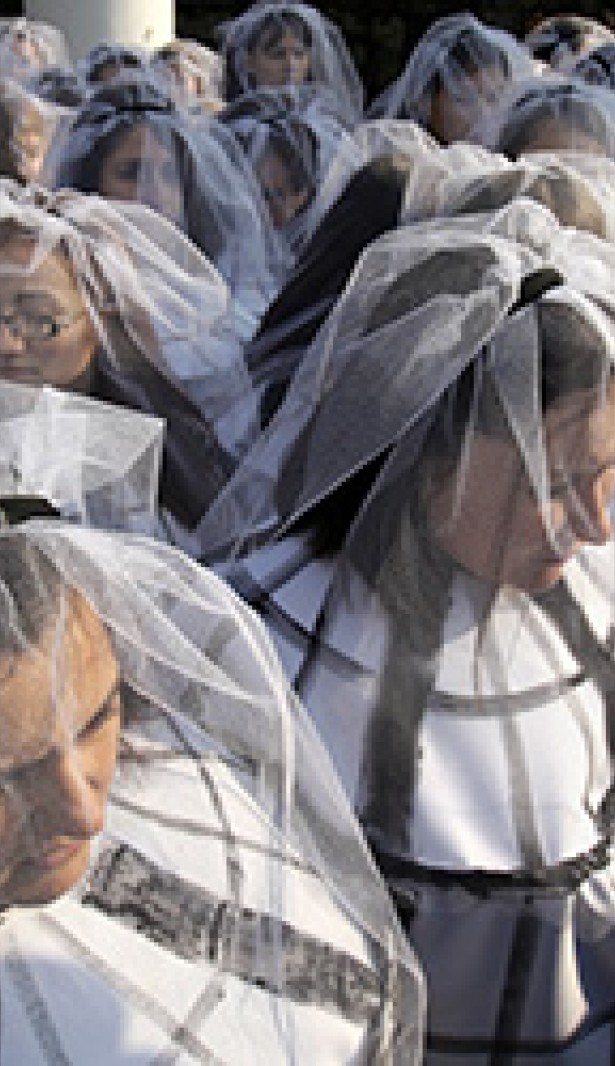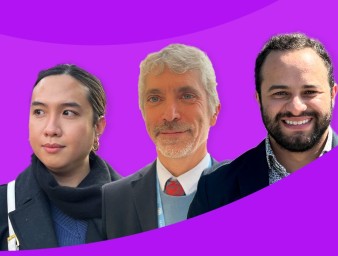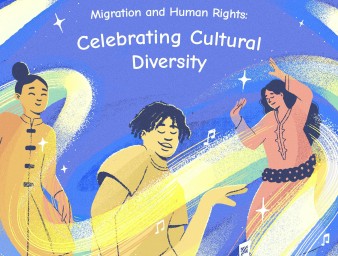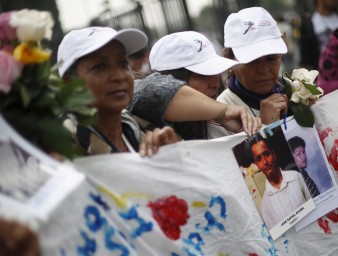Human trafficking risks in the context of migration
15 September 2016

The link between trafficking in persons in the context of large movements of people has been established by the UN Special Rapporteur on trafficking in persons, Maria Grazia Giammarinaro as an area deserving further focus.
The expert believes that restrictive and exclusionary immigration policies, insufficient channels for regular migration and family reunification, as well as lack of regular access to the labour market for asylum seekers, refugees and migrants further contribute to an increase in the exploitation of migrants.
“Not all migrants are trafficked. However, people fleeing conflicts, emergency situations and poverty are pushed to migrate in unsafe and vulnerable conditions,” she says. “They could be exploited and trafficked during their journey, or at destination, because of their social vulnerability.”
Giammarinaro points out that cases of trafficking or risk situations, particularly in the context of large influx of migrants and refugees, remain undetected preventing trafficked persons to enjoy their rights to assistance, protection, access to justice and remedies regardless of their residence status or whether perpetrators are identified, investigated or prosecuted.
The Rapporteur expects world leaders to address gaps in the protection of actual and potential victims of trafficking within large movements of migrants during the UN Summit for Migrants and Refugees later this month in New York.
“Provision of immediate assistance, protection and support should not be conditional on the capacity or willingness of the victim to cooperate with criminal justice agencies” she said reminding states of their obligation to provide remedies – or at least access to remedies – to victims including restitution, rehabilitation, compensation, satisfaction and guarantees of non-repetition.
“States should bear in mind that an all-inclusive approach to identifying vulnerabilities at the onset is key to prevent all forms of exploitation, including trafficking of women, men, girls and boys who have already suffered tremendously in their desperate attempts to reach greener pastures,” she says.
“They cannot be re-traumatized by responses guided by policies, especially immigration policies which are inconsistent with the priority of preventing and eradicating human trafficking and exploitation,” she adds.
On 19 September 2016, the United Nations General Assembly will convene a Summit for Refugees and Migrants in light of the need for greater international solidarity in response to large movements of migrants and refugees. This is the fourth article in a series covering the issue of migration and human rights ahead of the UN Summit.
15 September 2016




